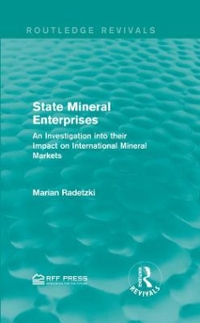Question
Consider an economy in which the production function of the representative firm is given by Y = zF(K, N), with F(K, N) = K1/2 +
Consider an economy in which the production function of the representative firm is given by Y = zF(K, N), with F(K, N) = K1/2 + N 1/2 2 , and z = 0.5. Assume h=24 and the firm commits to pay a wage rate w = 1.5 to the worker for each unit of time worked. 1. Does the production function have the constant returns to scale property? [03 points] 2. Assuming the firm operates with a capital K=1.5 in the short run, does the production function display the law of decreasing marginal product? [03 points] 3. Find the optimal demand for N. [04 points] 4. Assume the government decides to prevent any firm from polluting. The firm discovered that polluting can be avoided at a cost of 0.25 units of output per unit of output produced. To reduce the cost of reducing pollution, the government decides to pay the firm a given amount s for each hired worker. Calculate the s that will incite the firm to hire the number of workers found in Question 3 assuming w = 1.5. [05 points]
Step by Step Solution
There are 3 Steps involved in it
Step: 1

Get Instant Access to Expert-Tailored Solutions
See step-by-step solutions with expert insights and AI powered tools for academic success
Step: 2

Step: 3

Ace Your Homework with AI
Get the answers you need in no time with our AI-driven, step-by-step assistance
Get Started


